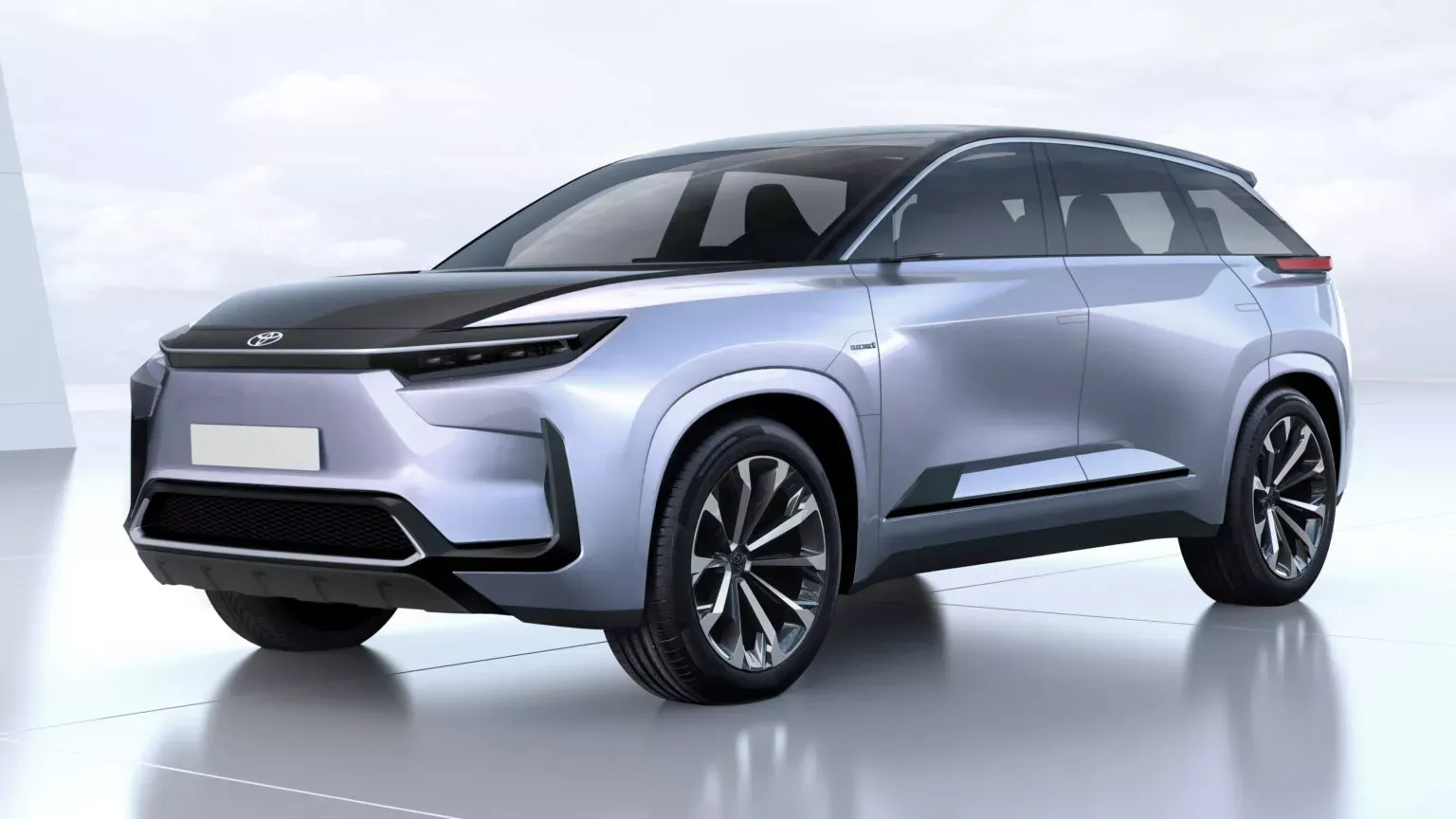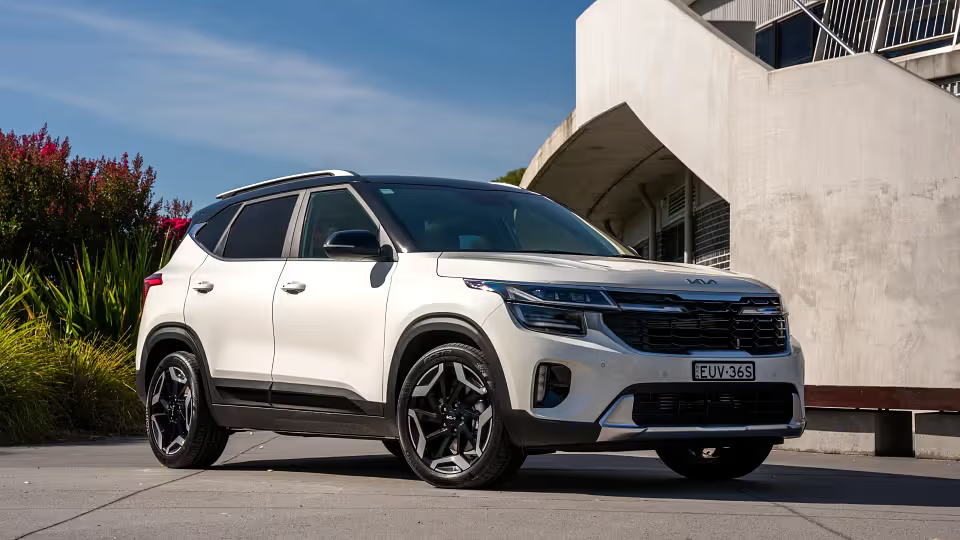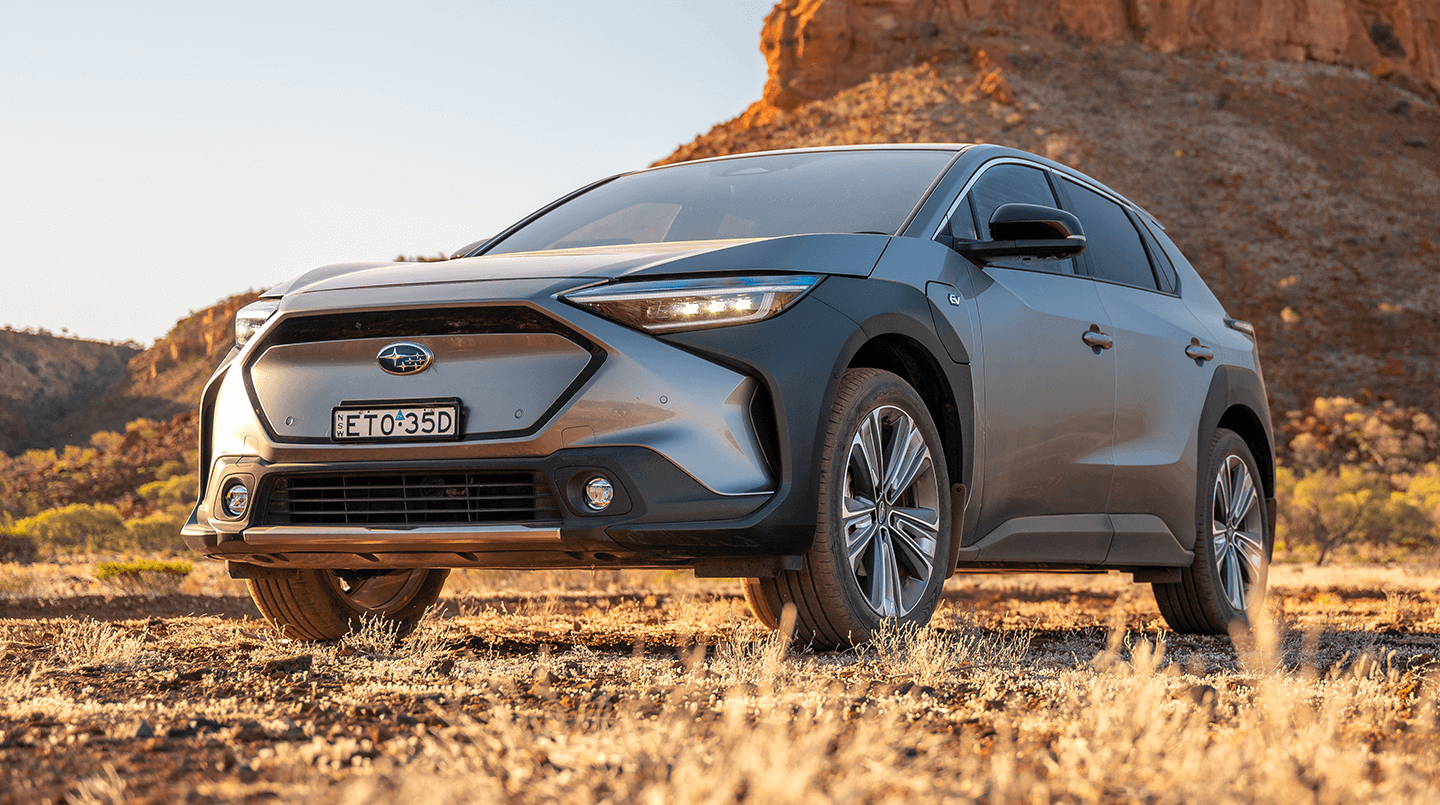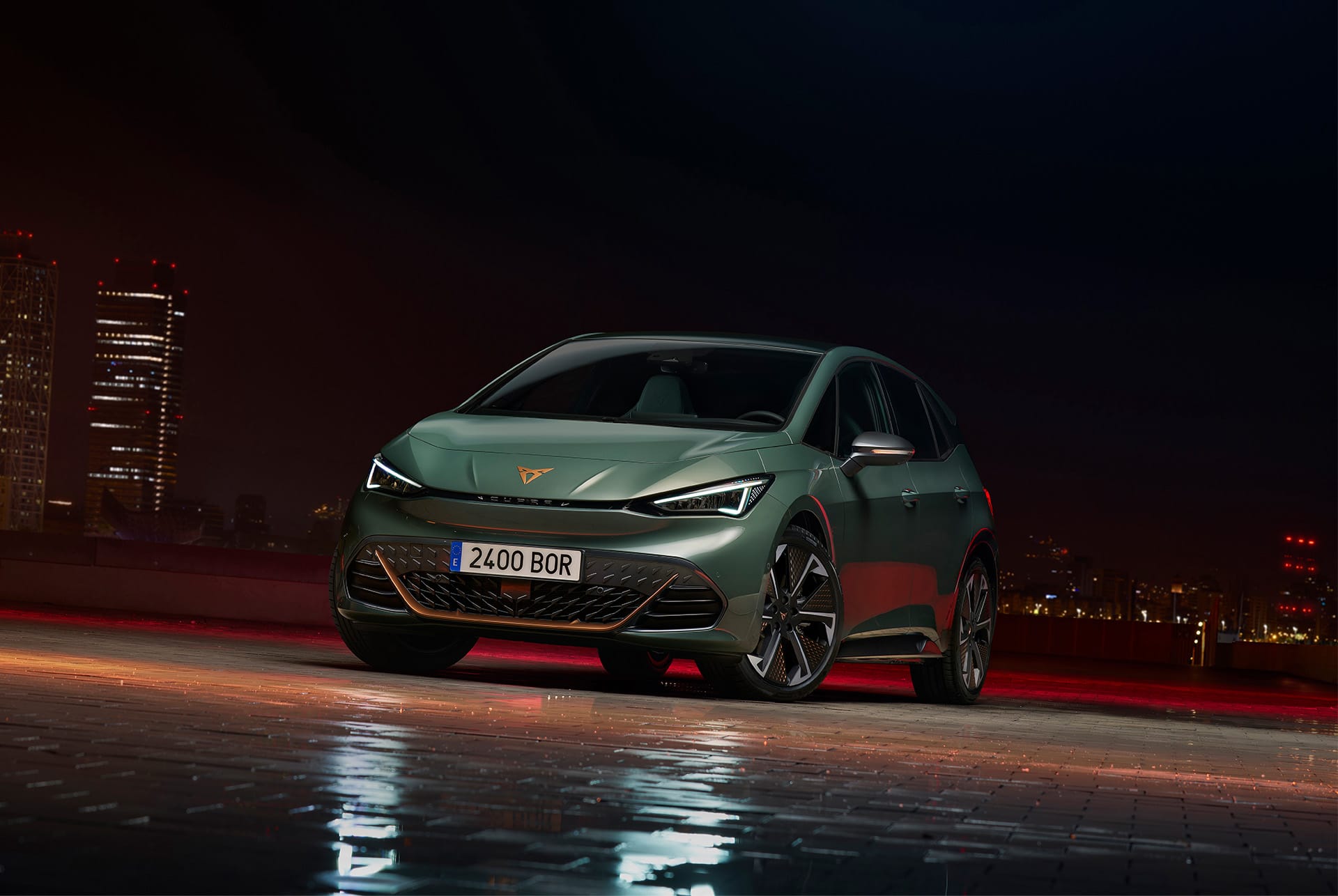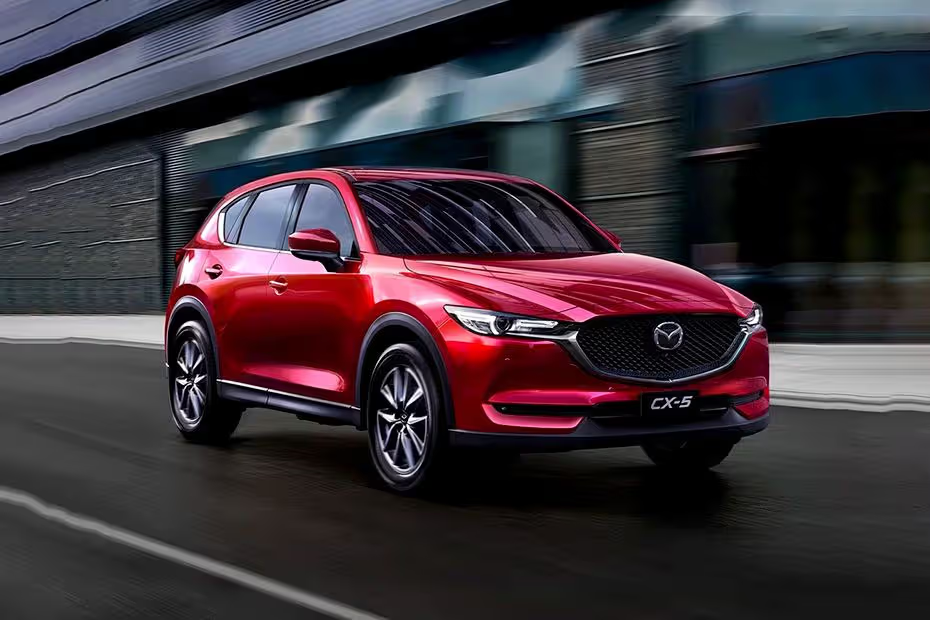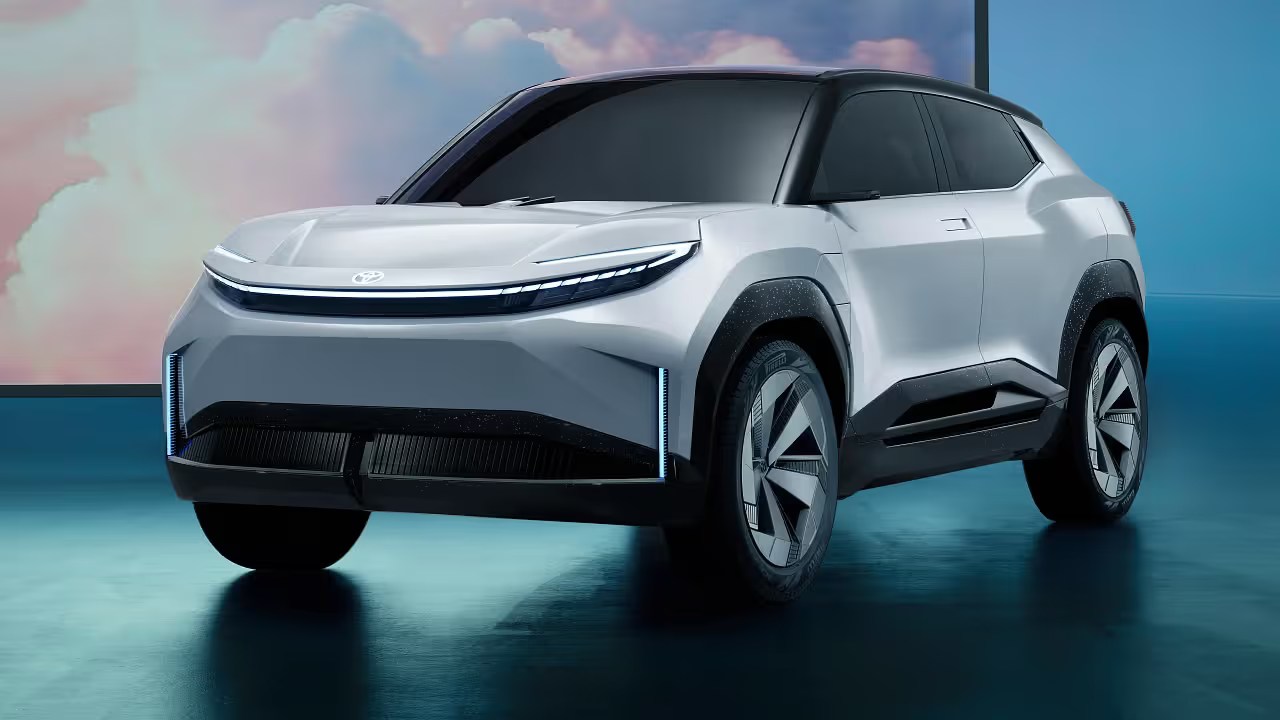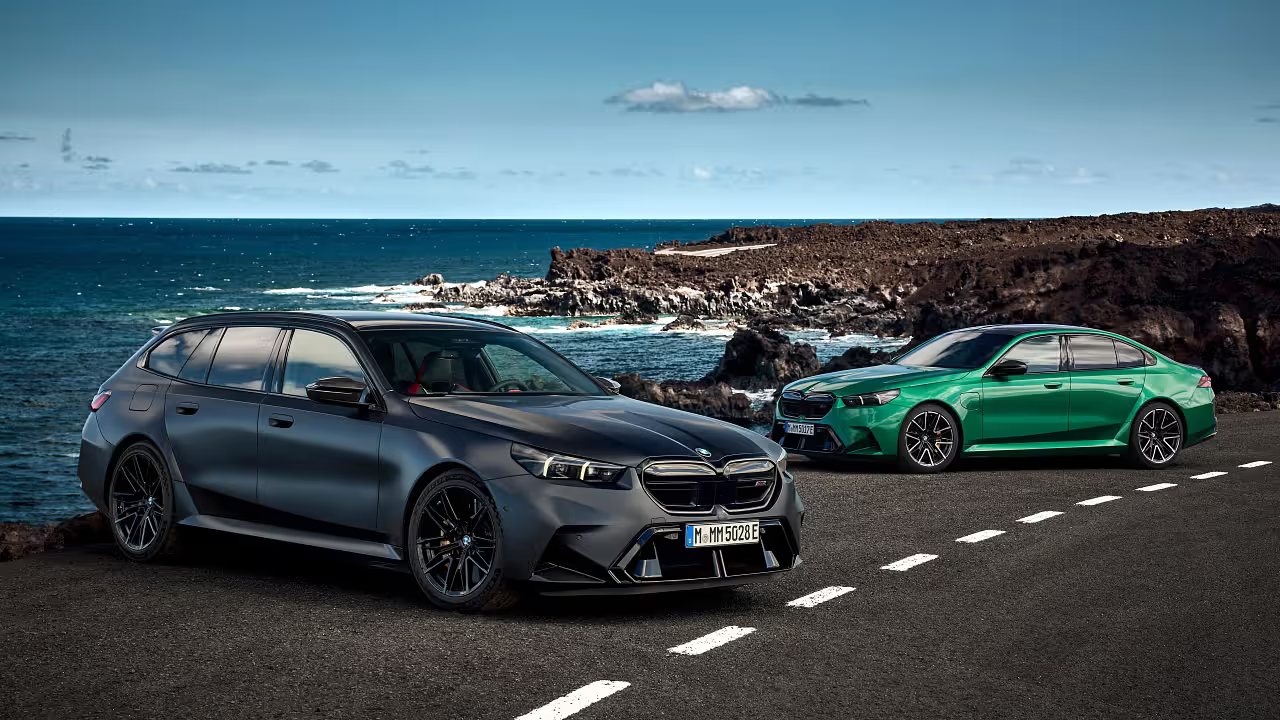Toyota has announced a delay in its plans to produce electric vehicles in the United States, pushing back the launch of a new three-row electric SUV by several months. This decision comes amid dwindling EV sales and a broader industry trend of reassessing electric vehicle strategies.
Production Delay:

The rumored Toyota bZ5X, a three-row electric SUV, will now begin production in the first half of 2026 instead of 2025. Production will take place at Toyota's facility in Kentucky, which received a $1.9 billion investment earlier this year.
Reasons for Delay: Toyota cited design adjustments as part of the reason for the postponement. The decision aligns with Toyota's recent announcement to cut its global EV production targets by 30%, from 1.5 million to 1 million by 2026.
Luxury EV Plans Scrapped: Toyota has cancelled plans to build new electric luxury SUVs under the Lexus brand in North America by 2030. Instead, Lexus EVs will likely be shipped to the North American market from Japan.
Industry Trends: GM and Ford have made similar announcements, citing lack of domestic demand for EVs and increasing costs. Hybrid demand continues to grow in the US, an area where Toyota has a strong advantage.
Market Challenges: Heavy tariffs on Chinese-made EVs in the US and Canada may be stifling EV uptake and increasing costs. New US regulations impose a 100% tariff on Chinese-made EVs and a 25% tariff on Chinese-made batteries.
Toyota's EV Performance in Australia: The BZ4x, Toyota's only EV on sale in Australia, has sold just 717 units year-to-date. In contrast, the hybrid Toyota RAV4 has sold 43,232 units and has been Australia's top-selling vehicle for the last two months.

Toyota's decision to delay its US electric vehicle production reflects broader challenges in the EV market, including shifting consumer demand and regulatory pressures. While the company remains committed to its long-term EV strategy, these adjustments highlight the complexities automakers face in transitioning to electric mobility.



